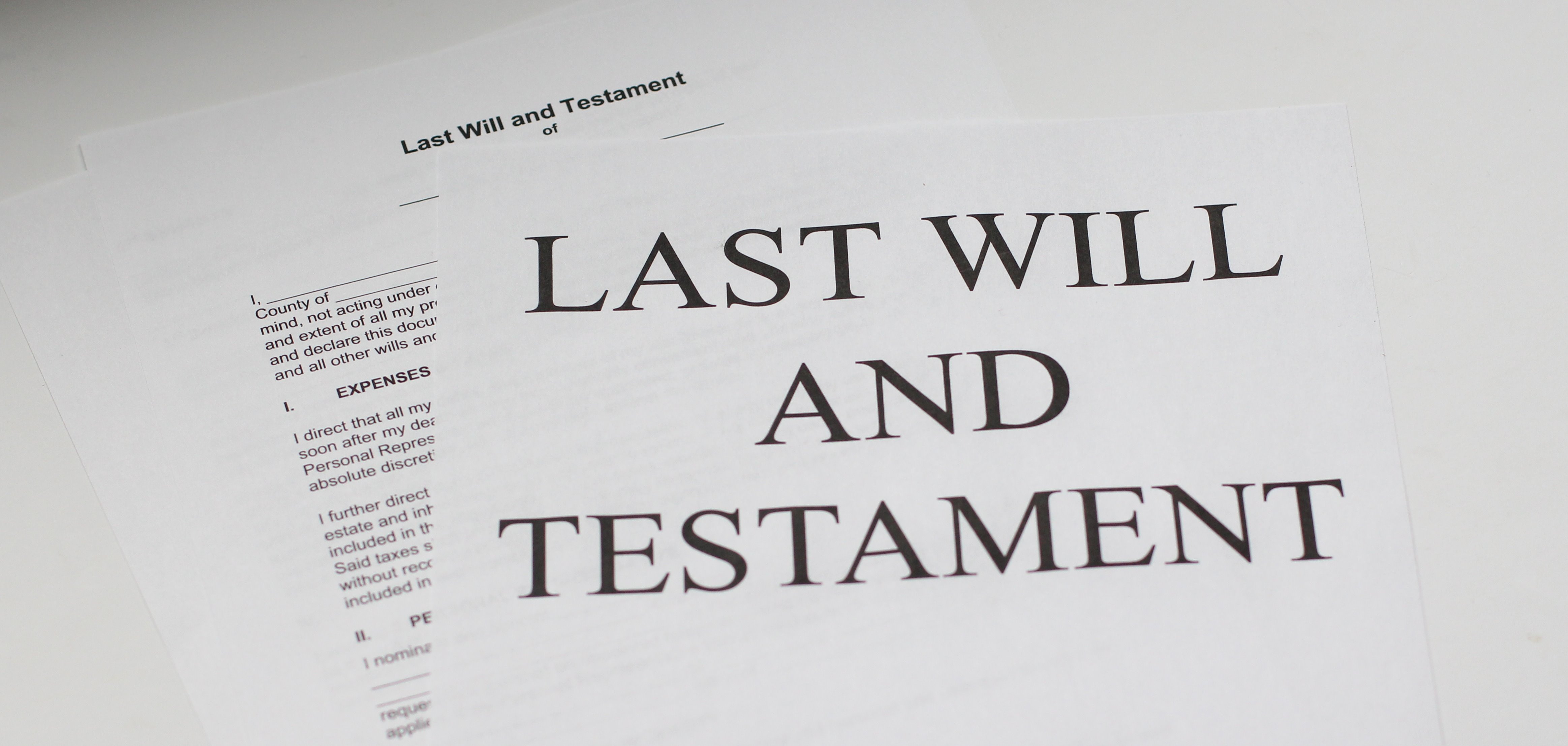Did you know that both Aretha Franklin and the singer/songwriter Prince were without a final will upon their deaths? Recently, Attorney Amy Ruggles, Certified Specialist in Estate Planning, spoke at an Eskaton sponsored event to share her expertise about wills, trusts and probate. She shared many stories with the audience about mistakes people make and how to avoid making the same errors. A trust in addition to your will has great value and protection. Please take a few minutes to read this informative article by Ms. Ruggles to learn the benefits of having a living trust in California.

By Amy Ruggles, Esquire
When meeting with clients we often discuss the benefits of employing a revocable (or “living”) trust to help plan the client’s estate. The living trust becomes the centerpiece of basic estate planning for most people both due to the benefits it provides but also due to the horror stories it can help avoid. With the changes in the federal estate and gift tax rules in recent years each United States citizen can now give away far greater amounts of money when they die without incurring the federal estate tax. The mistake that many people make is thinking that they do not need a living trust, or even wanting to revoke the one they have, because they “only” have $400,000 in assets. This is a big mistake because the federal estate tax exemption has absolutely nothing to do with the California probate laws. Probate laws still kick in at $150,000 in assets and can be necessary for even smaller estates in some instances. Thus the value of living trusts needs to be considered for anybody who has assets.
Importance of a Written Plan
Without a written plan in place your heirs will likely encounter many problems and inconveniences upon your incapacity or death. They range the gamut from court room battles among family members over custody of minor children to relationship ending feuds between family members over the distribution of assets. Additionally, there are many problems that arise if a person becomes incapacitated. For example, if you were ever to end up in the hospital in a coma, you need someone to be in a position to make decisions for you. In these situations, it is important to have written instructions to address your personal and medical affairs. The key is planning ahead. By establishing a written plan, your wishes and needs will be carried out exactly as you desire; without the written plan in place, anything is possible.
Revocable "Living" Trust
The centerpiece for most estate plans is the revocable “living” trust. There are many reasons people form living trusts. The biggest benefit of a living trust is avoiding
probate. Do you know what the financial cost of going through probate is? A $400,000 estate would generate an $11,000 attorneys fee, about $2,000 in Court costs and an $11,000 Executor’s fee. Yes, almost $25,000 to collect, divide and distribute your estate after you die! The fees and costs are based on a percentage of the total assets so these numbers go up as the size of your estate goes up. Interestingly, the total estate size is based on the gross value of your assets and not the net value thus a house with a huge mortgage is valued at the fair market value and not the smaller net equity value.
A living trust is actually a pretty straightforward device. It is simply a separate entity (analogous to a corporation) that holds your assets. You retain complete control over
your assets while you are alive and mentally competent. Upon your incapacity or death another person you choose (called the "successor trustee") steps into your shoes and manages your assets for you. This successor trustee can be a relative, a friend, or a professional fiduciary (like a bank). In recent years I have seen a lot more cases where we discuss using a professional fiduciary. Avoiding the probate process is critical, as
your successor trustee can distribute your assets in an expedient manner to your heirs while a probate can get stuck in the Courts.
In addition to the shorter delay in distribution, a trust also can make it more difficult for creditors to collect money from you or your heirs; as they are forced to sue the trustee or the beneficiaries, which can be a time consuming process. Relatives wanting to "contest" the trust have a more difficult time as a trust is more difficult to attack than a traditional will. Of course, most Wills and trusts have “no contest” clauses which dissuade contests by disgruntled family members.

A fallacy has developed that living trusts are complicated and burdensome to maintain; this is just not true. A living trust is completely revocable and amendable. This essentially means that it can provide for whatever you want; and if it doesn't say it already, it can be added. Except for the initial setting up of a trust, where I help assure that all of your assets are "placed" into the trust (the "funding process"), you never have to do anything different with your assets than if you owned them outside of a trust.
Asset Protection
Unfortunately our society looks to the Court to settle all problems. When in doubt… SUE, SUE, SUE! With our society heading in this direction people are naturally worried about protecting their hard earned assets. Though a trust does not provide impervious walls to creditors there are some steps that can be taken, within a trust, which can increase your level of asset protection. Also, and most importantly, a properly set up trust can also provide asset protection to the beneficiaries who receive its assets after you die.
Probate
Do you know how long a probate takes? Assuming we are able to meet every deadline, to the day, a probate can be completed in 7 months in most counties in California. However, any little hiccup, like an Executor who is a procrastinator, and your probate will take 8, 9, 10 months… and even a year or two!
What about the first death between a husband and a wife, do you know what can happen then? Could your estate end up in probate? There is a common misconception that all assets owned by husbands and wives belong to the other, automatically, at death. Recently, our firm was retained by a woman whose husband of five years had died. He had children from a first marriage, real estate in his name, a business in his name, lots of debt and unfortunately no living trust! In addition to the costs and delays of probate this new widow had to fight with her husband’s sister about the widow’s interest in the family business and file a lawsuit to divide real estate her husband owned. The mental drain was far worse than the financial drain, though the financial cost was substantial!
Conservatorship
Another great feature of the living trust is that it enables you to avoid the need for a conservatorship should you become incapacitated. A conservatorship is a court administered process, similar to the probate process, which costs you money and can be very frustrating and time consuming for your heirs. Avoiding a conservatorship may be even more important than avoiding probate, as it happens while YOU are still alive!
Taxes
In addition to all the problems with a probate there are also clients who face the possibility of estate tax after death. A properly drafted living trust can reduce and/or eliminate estate tax. The estate tax savings can be several hundred thousand dollars to those that have taxable estates. Although estate taxes are not applicable to as many people, a poorly created estate plan can create unnecessary income taxes, in the form of capital gains tax, which can be avoided with good trust planning.
Conclusion
Just because your estate might be below the current federal estate tax exemption level does not mean that you do not need a trust. The costs and delays of probate are very real and have no connection to the estate tax exemption levels. All of the above can be avoided with a properly drafted and funded living trust. You can avoid the huge costs and delays of a standard probate, you can avoid any disputes at the death of either spouse and you can avoid the need for multiple attorneys if you happen to own assets in other states or countries. A living trust can save your family many thousands of dollars, avoid any delays and make sure your assets are distributed exactly as you desire! Do not let your family become subject to the expense and delay of probate… call a qualified estate planning attorney and get your living trust put together today!
Article courtesy of Amy H. Ruggles, Attorney at Law

